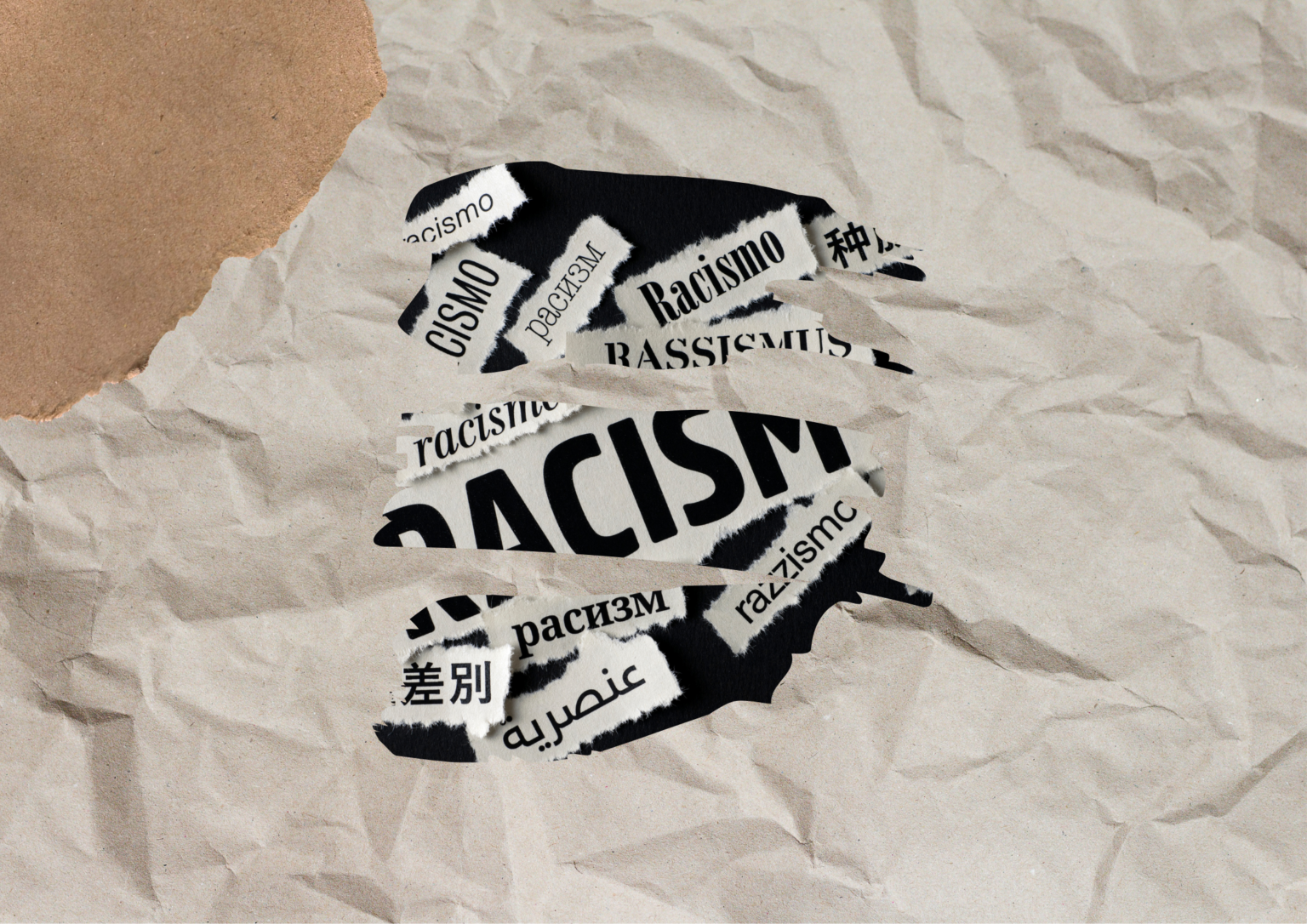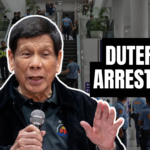I knew racism existed, but my instinct was self-protection, not confrontation. This might stem from my Filipino culture, where harmony is often favored over conflict. So, I focused on integrating: learning Dutch, navigating the system, getting my diploma, securing a job, being an active parent, even becoming a city councilor in Tilburg. A Dutch friend called me an “ideal migrant,” a compliment that reinforced my self-protective approach.
When some Dutch people complained about other migrants, they’d say, “But you’re different.” Initially, I took it as praise, but it left a bitter taste. I was part of the migrant community too.
Europe and migrants
In the early 1990s, Europe passed stricter migrant policies. I realized Europe wasn’t migrant-friendly. This remains true today. Back then, I volunteered with the Commission for Filipino Migrant Workers (CFMW), organizing information sessions with other migrant groups about these new policies. This broadened my consciousness beyond just being a Filipino migrant.
However, many Filipinos avoided these sessions, not wanting to be associated with other migrants and risk discrimination. It was another form of self-protection: stay silent, don’t cause trouble.
Assimilation vs Integration
My approach seemed like assimilation, adopting Dutch ways. But I refused to relinquish my Filipino identity. I aimed for integration, not assimilation. In my forty-plus years in the Netherlands, I’ve remained active in the Filipino community and involved with development work in the Philippines. This provided a stable base for engaging with Dutch society without fear of losing my identity. It also helped me handle racism without being shaken.
Personal experiences with racism
Of course, I experienced racism too. Being a migrant is always part of your consciousness in the Netherlands. I was once reminded of this when I got a job as a career counselor. A Dutch colleague, who also wanted the position, told me she was disappointed it was given to “just anybody,” implying I got preferential treatment as a migrant.
Later, she asked about my education. “I have a master’s degree in psychology from Tilburg University,” I replied. She was visibly surprised; my education was higher than hers. I would smile when I think of this incident back then. I was able to put her in her place. I bet if I were white, it would not have occurred to her that my credentials were maybe less than hers.
As a migrant, I often feel the need to prove myself twice as much as my white Dutch colleagues. However, I believe the racism I faced is nothing compared to what black people and Muslims experience. I rarely experience the level of discrimination they do, perhaps because I’m light-skinned and Christian. I’ve heard stories of Muslims being cursed at on the streets, and many black people and Muslims face obstacles in finding jobs and traineeships, hindering their education and career prospects.
Climate justice and racism
This disparity made me hesitant to claim ownership of the anti-racism movement. I tried joining demonstrations but eventually stopped. I didn’t know how to position myself. Was I participating as a victim of racism or in solidarity from a position of relative privilege?
In early 2023, the climate change movement gained momentum in the Netherlands, particularly Extinction Rebellion (XR). I joined in April, but I quickly noticed the lack of people of color in the meetings and demonstrations. It struck me: the Dutch climate movement was very white.
This absence felt significant. The countries most impacted by climate change are often migrant-sending countries, especially in the Global South. Shouldn’t their voices be prominent in climate activism? These countries face the harshest consequences, affecting their livelihoods and existence. Meanwhile, the Global North, with its high CO2 emissions, is the biggest contributor to climate change. The Global North must be held accountable; that’s what climate justice means to me.
Colonialism and the climate crisis
This unequal relationship between the Global North and South didn’t emerge overnight. It’s rooted in colonialism, a system that continues to impact us and has led to the current climate crisis. To address the climate crisis, we must address its root cause: colonialism and its associated racism.
Colonizers, believing in their superiority, created a system built on racism. Climate justice requires a global, systemic approach. Decolonization, breaking free from colonial patterns, is key.
Climate justice is central to Extinction Rebellion’s principles, a major reason I joined. However, many XR activists haven’t fully embraced it. Some want to focus solely on the climate issue, ignoring colonialism and racism.
In a workshop I led on climate justice, a participant dismissed colonialism as a thing of the past. I understand this perspective; the Netherlands was never colonized. For some, colonialism is history. But they fail to recognize its ongoing effects on formerly colonized countries, mostly in the Global South. Many remain poor, their resources still exploited by companies from the Global North.
Racism within the climate movement
Sometimes, discussions within XR reveal racist undertones, often defended as freedom of expression. This highlighted the need to address racism even within this seemingly progressive movement.
So, racism has become my issue too. Not because I’m a victim, but because it hinders real solutions to the climate crisis. Colonialism marginalized indigenous peoples, leading to a loss of their wisdom and knowledge, which could be invaluable in addressing the climate crisis.
Indigenous peoples’ relationship with nature, their practices like rotational agriculture and controlled forest fires, offer valuable lessons. As a climate activist, I must address colonialism and racism. Racism is a white problem; white people need to dismantle it.
Rebels of Color
This realization made me even more ambivalent about anti-racism. I’ve managed to protect myself, but as a climate activist with a migrant background, I must confront racism within the Dutch climate movement. Otherwise, my activism would be superficial, unable to address the root causes of the climate crisis.
It turned out I wasn’t alone in noticing the whiteness of the Dutch climate movement and the link between colonialism and the climate crisis. XR activists with migrant backgrounds formed a community: Rebels of Color. I’m glad to be part of it.
Rebels of Color aims to create a safe space for XR activists with migrant backgrounds, enabling their participation in the climate movement. We provide training and safety measures during demonstrations, recognizing the racial profiling by Dutch police. We aim to increase migrant participation and foster ownership of the movement.
Our stories of climate justice as people of color are crucial. As one Rebel of Color said, “Our struggle for climate justice emanates from our pain, from subjugation and exploitation, while white activists’ struggle stems from their privilege.”
Conclusion
After over forty years as a migrant in the Netherlands, this is where I stand on anti-racism. I’m glad I’ve reflected on my experiences with racism. This process is integral to my identity as a Filipino migrant who has made a predominantly white country her second home.



